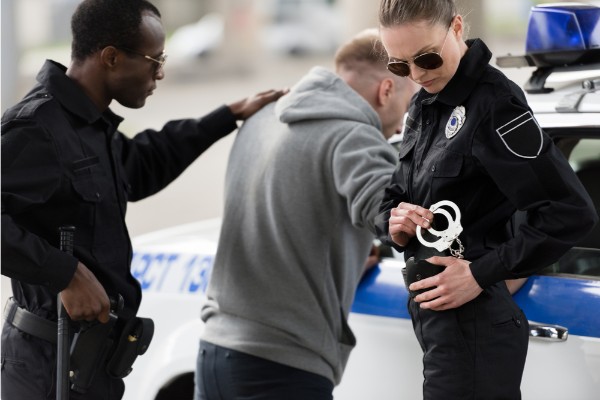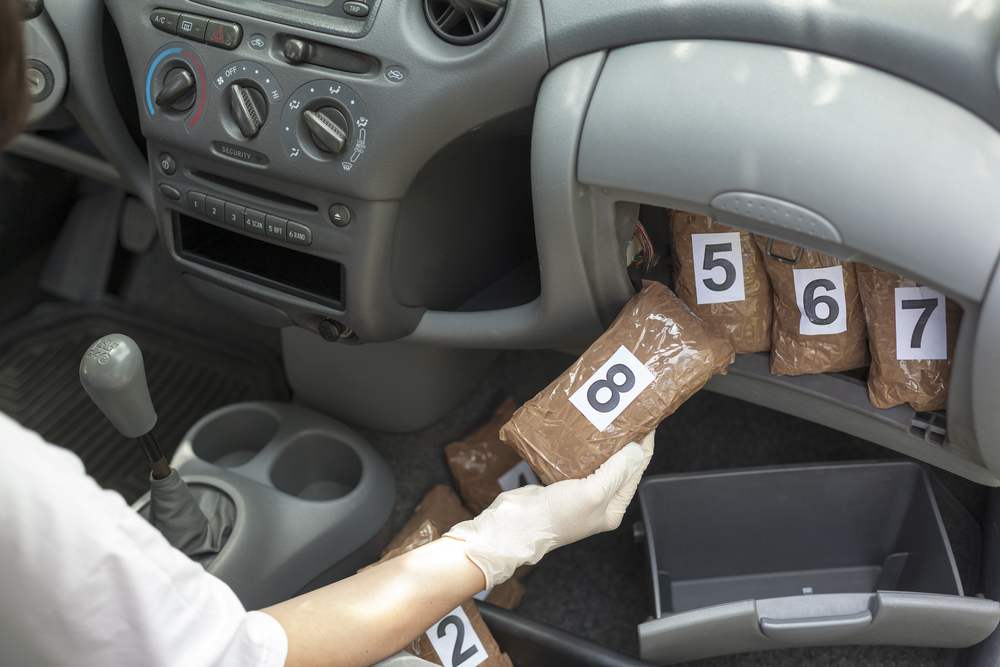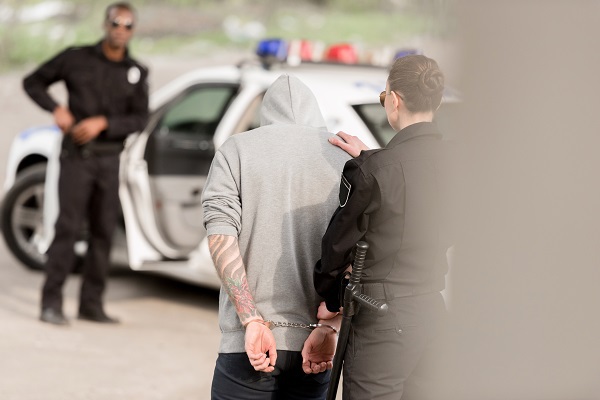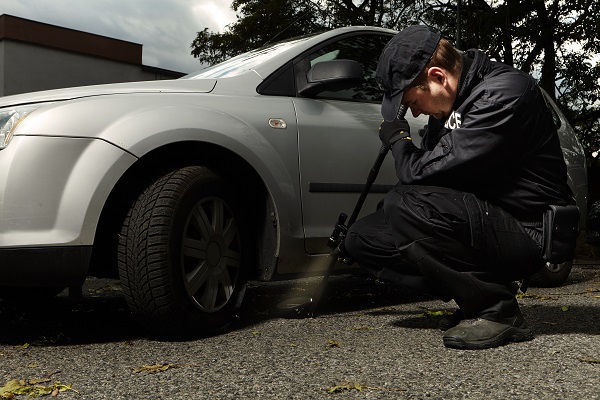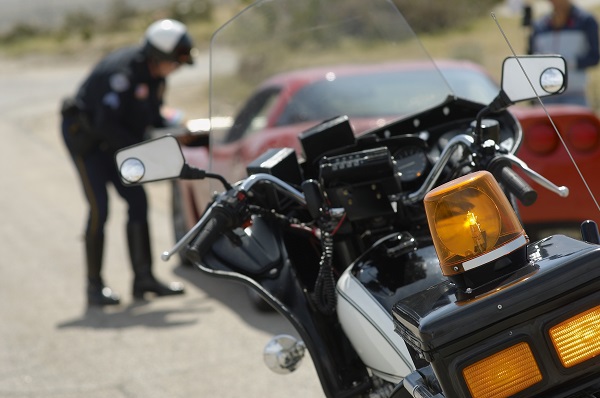Can Police Officers Stop You on the Street and Frisk You for Drugs?
If you have ever been stopped by a police officer on the street and asked questions, you may wonder if the police can frisk you for drugs without your permission. In criminal law, this kind of search is referred to as a “stop and frisk”. It is legal to search you on the street, but only under certain circumstances. What Is Stop and Frisk? The law allowing police to stop and frisk people on the street came from a Supreme Court case called Terry v. Ohio. (392 U.S. 1 (1968).) In the case decision, the Supreme Court found that all stop-and-frisk searches...
Continue reading

